Academic Environment
The pre-scientific methods teachers use
Pre-scientific methods are those that are not founded in any scientific research or theory. These are methods that have not been tested for their applicability or validity. When the teacher uses them they posses the likelihood of inhibiting or preventing learning we shall mention a few of them here.
1. Certain Habits
There are certain habits, which are pre-scientific, and if used by the teacher could be detrimental to learning. This are habits like unprepared. A teacher may imagine that there is no need to prepare for a lesson because he has taught the lesson for many years and therefore has a control over the content. This teacher may not take time to prepare the lesson plan or lesson notes and therefore goes to the class with the textbook alone. This teacher cannot run an effective lesson because of being unprepared. Although it is true that he has taught the content for many years it is important to take time and interact with the content by making a lesson plan.
2. Pre-established belief
Teachers or schools heads may hold certain in pre-established beliefs which can inhibit learning. There is the belief that anybody can teach anything. The school heads who hold this belief will allocate teachers subjects that they are not comfortable teaching. For example a teacher could be very good in teaching physics and since physics is a science he could be allocated to teach all the sciences. This will result in the teacher producing poor results in those subjects where he lacks competence. There is also the issue of the relying on untrained teacher because they will not ask to be paid a lot of money. These teachers may have the potential of being good teachers but their untrained state translates into poor performance. Also they do not posses the appropriate methods of dealing with many aspects of the student’s life in the school.
3. The use of common sense
This is yet another pre-specific belief. Teachers who lack the training in educational psychology may rely on the use of common sense. For example, they may hold the belief that any student can learn anything they are not aware that for a student to be able to learn there are many variables that interact in highly complex ways to promote or hinder him from learning. These variables are the learner’s intellectual giftedness which may be genetically determined, the learner’s motivations, interests, needs and values. The teacher has to understand the learner very well in order to be able to determine what he can learn and the condition understand under which learning will occur.
4. Personal impression
There are personal impression which are pre-scientific and which will inhibit learning. This teacher may have biased perception of particular learners or a class in general. He may believe that a certain learner or a class is bad or poor. This belief may be a result of staff-room tales. A teacher with these impression is likely to cultivate very negative attitudes towards the learners. The negative attitudes affect his interactions with the learners both inside and outside the classroom. This will promote the development of hostility between the teacher and the learners and as a result learning and adjustment is affected negatively.
5. Popular beliefs
Every school has its own popular beliefs. One such belief is that learners cannot be disciplined unless they are punished. A teacher with such a belief relies on punitive measures in his interactions with learners. Reliance on punishment has very many negative effects on learners. It is responsible for the development of hostilities and negative emotions between the teacher and the learners and its effects on learning are negative. They hinder learning and also promote the development maladjustment to school.
6. Folklore
Folklore refers to the staff room tales. When the teachers are in the staffroom they tell each other stories about students. These stories may be told by a teacher or teachers who have problems with a certain class or certain pupils. The stories may be full of biases, prejudices and negative attitudes towards the students. These stories may be about the teacher’s beliefs towards the students. He may believe that the students are disobedient, lazy, poor academically, rude or even outright bad. The teacher with these beliefs wishes to bias the other teachers so that they too can hold the attitudes he holds. If other teachers too assume the same biases them approach students negatively and as a result learning and teaching are grossly affected. These teachers approach students in a hostile manner, which in turn affects both achievement and adjustment to school.
7. Subject-centered approach
The teacher who uses the subject-centered approach forgets that the content is meant to be imbibed by the learner. They focus on the coverage of content. This teacher is also teacher centered while the learner takes the passive role in the learning-teaching process. What happens in this situation is that the learner is also lost most of the time and he lacks competence and motivation to learn the content. This results in the learner’s disorientation and failure to achievement and adjustment to school.
8. Drilling
Drilling is a method of teaching that relies on rote memory. Rote memory refers to commitment to memory meaningless content. Students who are subjected to drilling, concentrate in the passing the examination only. They do not learn the meaning or usefulness of the content learned. They find it difficult to use or apply the knowledge in life situations. The traditional methods of teaching mathematics and science relied a lot on drilling accompanied by heavy punishment for those who failed to master the content. Inherent with the drilling methods was the concept that only a few bright students were able to cope with it. As a result the teacher concentrated his attention on the few warm it up for the capable ones.
Questions
0 Comments
Leave a Reply. |
RSS FEEDS
ARCHIVES
Archives
May 2024
CATEGORIES
Categories
All
|
We Would Love to Have You Visit Soon! |
Hours24 HR Service
|
Telephone0728 450425
|
|
8-4-4 materialsLevels
Subjects
|
cbc materialsE.C.D.E
Lower Primary
Upper Primary
Lower Secondary
Upper Secondary
|
teacher support
Other Blogs
|
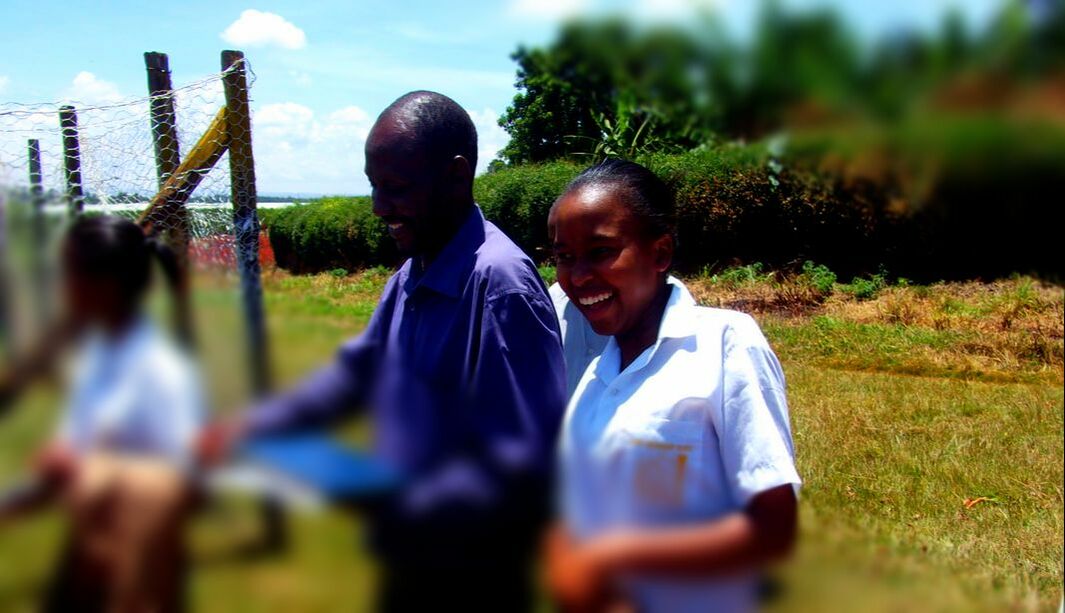
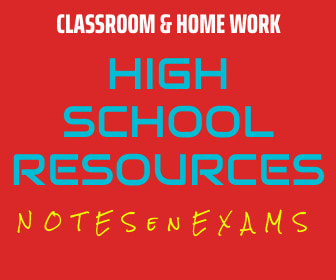
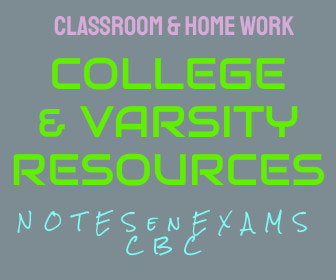
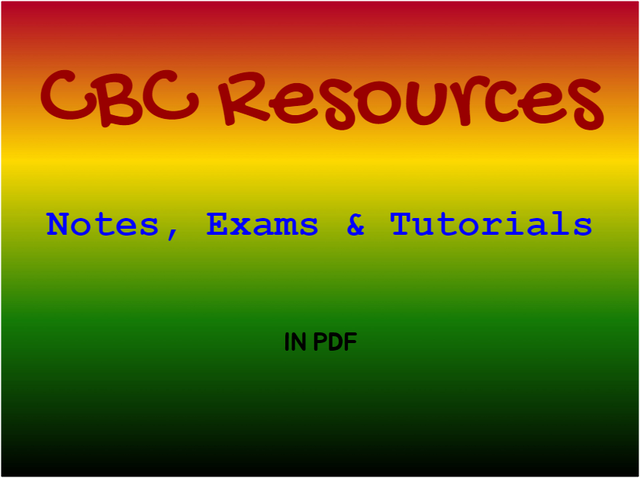

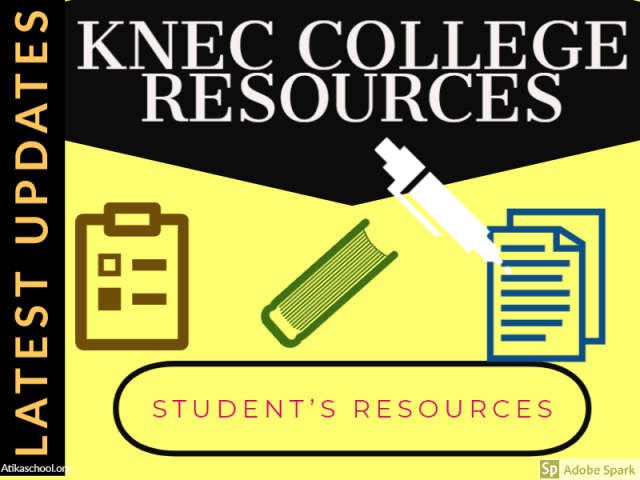


 RSS Feed
RSS Feed